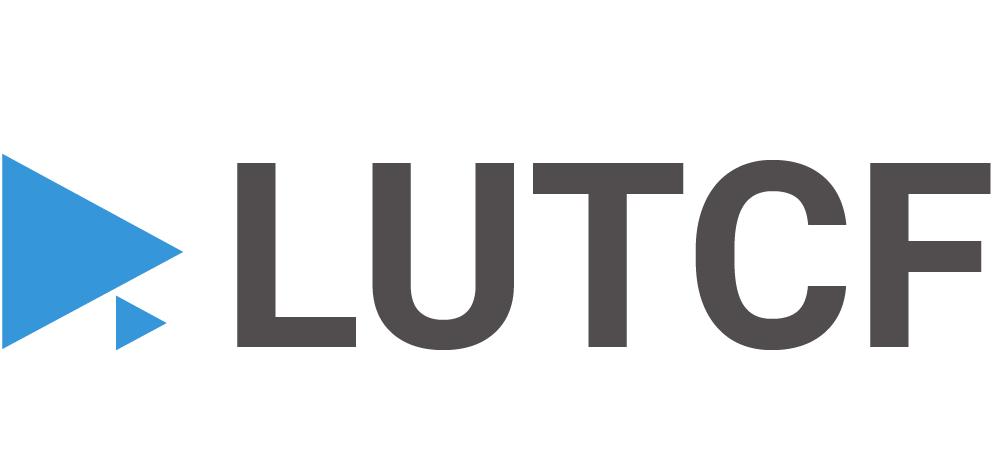About the LUTCF Designation
NAIFA’s LUTCF® is the training program that has prepared more than 70,000 insurance and financial advisors to survive and thrive in the industry.
Since 1984, the LUTCF Designation Program has been considered the first designation any insurance professional should earn. When you earn the LUTCF designation, you receive so much more than a recognized designation. You gain fundamental, yet critical prospecting, selling, and practice-management skills, along with a thorough working knowledge of life and multi-line products and services.
The curriculum integrates four practice specialties – life insurance and annuities, health and employee benefits, multiline, and financial advising and investments – providing both an overview of each but also addressing their interdependencies, which are critical for agents and advisors to understand when advising clients. Topics cover the real-life issues of today, from estate planning to special family situations.
Benefits of Earning the LUTCF Designation
- If you are a new agent or advisor, the LUTCF program is the perfect way to begin your career.
- The LUTCF designation is recognized as the industry benchmark for insurance credentials and is endorsed by the top financial firms and insurance agencies.
- You’ll develop fundamental prospecting, selling, and practice-management skills, plus working knowledge of insurance and investment products available to help clients manage risk.
- Graduates of the LUTCF program report increases in their earnings, client base, and even their job satisfaction after completing their studies.
- Develop the skills that the top insurance agencies demand that agents need to know while advancing your own financial career.
The New LUTCF Curriculum
- The LUTCF designation program is provided through 25 online, self-paced, learning modules encompassed.
- All students will select a mentor to help guide them through the LUTCF content.
- Learner Guides are also provided and are used for reflection on course topics and to guide conversations with the student’s mentor.

